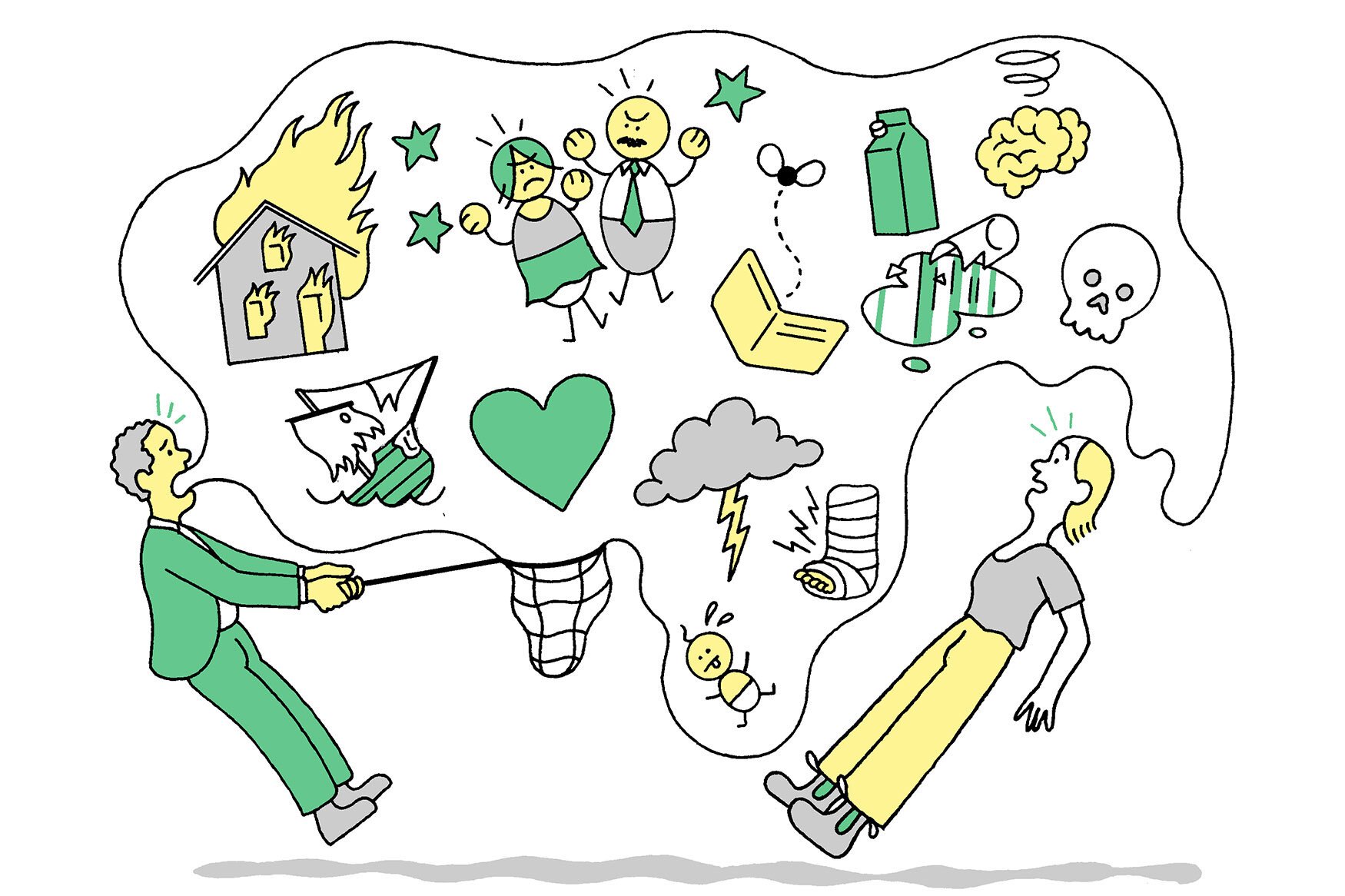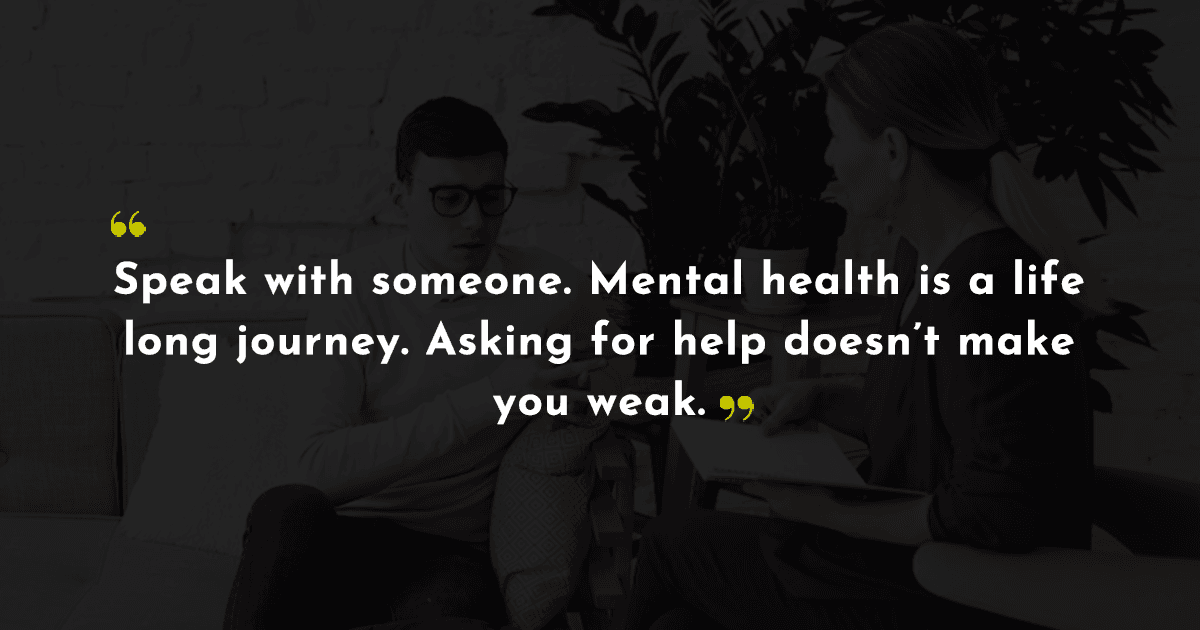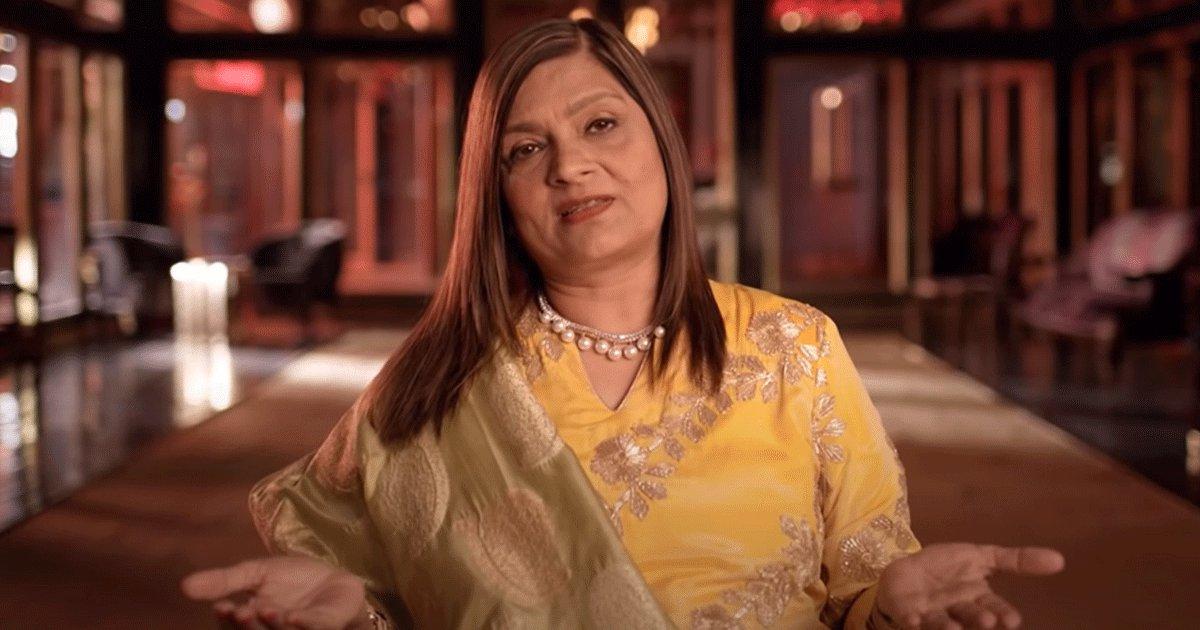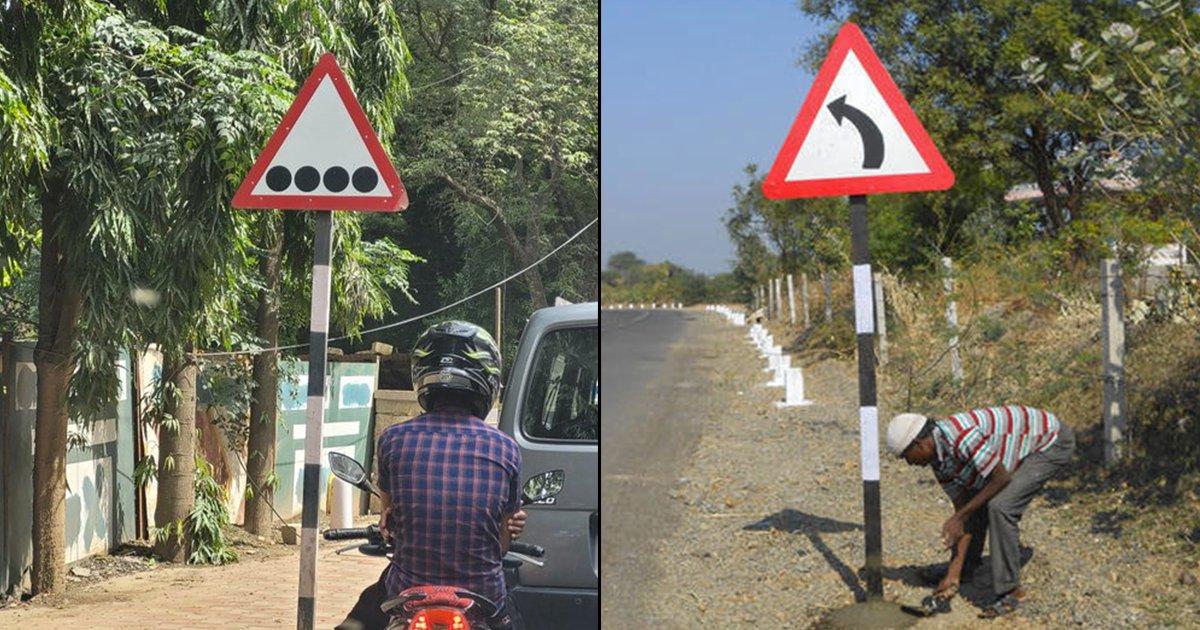You come home from a hard day at work, a bad date or a sucky family gathering. Exhausted and frustrated all you want to do is unload your anger. So you call family, friends, loved ones.
This is where it gets tricky. There is a fine line between venting and piling your grievances on another. And once you cross that threshold, you enter the territory of trauma dumping.
trauma dumping on someone without consent is just straight up disrespectful
— sam (@samnamaganda) February 26, 2022
The delicate balance between “trauma dumping” and “sharing my life”.
— Gavin (@PrimaryCinema) February 24, 2022
i feel like the fear of trauma dumping has made a lot of people forget how to be even the slightest bit emotionally available
— cuddle bunny corpse bride (@bpdrealfeels) February 25, 2022
Trauma dumping on someone when you first meet them is manipulative. Why do you want someone feeling bad for you right away?
— 🌙 (@datgirlzee) March 2, 2022
why is (unsolicited and unprompted) oversharing/trauma dumping like a “quirky oopsie” thing
— perrito sabanero (@chago_twt) March 2, 2022
i hate when people trauma dump on me that shit is so HEAVY and genuinely makes me uncomfortable
im not ur fucking therapist
What is trauma dumping?
While the specifics of the term continues to be nebulous, trauma dumping can be best described as the non-consensual discharge of one’s emotional load onto an unsuspecting individual, or individuals, without taking their headspace, emotional bandwidth and boundaries into consideration. It’s the oversharing, “typically of distressing experiences, with people who haven’t agreed to or aren’t prepared to have that conversation.”
It’s usually not premeditated, but is inappropriate, usually unsolicited, can be very hard for others to cope with and contain.
-Beverley Blackman, Psychotherapist in an interview with Metro.co.uk.
Some experts have gone on to describe trauma dumping as both “toxic” and “damaging,” since it doesn’t include or respect the consent of the listener and is often one-sided.
What starts out as a harmless release of energy can digress into a massive breach of boundary if the recipient is in an unsuitable headspace or in an inappropriate location or time. The act is not only unproductive but also violating.
Another version can include dumping an emotional load on someone who isn’t psychologically stable and incapable of absorbing the trauma. That includes a lack of trigger warnings, unawareness of the person’s cognitive history and a general disregard of the individual’s overall mental health.
According to Psychology Today, trauma dumping can have detrimental effects on the people on the receiving end. “They want to help but can’t because the purpose of trauma dumping is to discharge emotions and not to work through issues. Or they feel resentful and drained by the emotional “bombing” and their inability to escape it.” What ends up happening is that a person who isn’t emotionally secure ends up absorbing the other person’s trauma which can trigger detrimental side effects.
While we’re all entitled to share our feelings, it’s important to be mindful of whether it’s negatively impacting the mental health of others in the process. Somebody’s emotional relief should not come at the cost of burdening another.

It’s unfair to charge your loved ones with frightening and confusing sentiments that can double as stressors in their cognitive sphere. While they might care for your well being, they may struggle to contain your feelings and comfort you. It’s also unproductive for the sharer because oftentimes the advice they get is inadequate and they do not get the relief they are looking for. It’s best to take trauma dumping to a licensed professional.
Amidst all the ambiguity, let’s sum it up: in a safe space, trauma dumping is admissable but in an unregulated environment, it quickly stems into unhealthy behaviour. So when you’re sharing your troubles with a friend, check if they have the emotional bandwidth to receive your trauma, filter and regulate the information, add trigger warnings where necessary and set up boundaries on what constitutes sharing and oversharing.






































